Amidst the Cold War tensions, GDR punks and churches formed an unexpected partnership in the 1980s.
The 1980s was a tumultuous time in East Germany, with the state’s repressive nature creating an oppressive environment for its citizens. The punk movement, gaining momentum worldwide, found itself in an unusual alliance with churches in East Germany. Punktuation explores the role of churches in providing a platform for punk bands in the German Democratic Republic (GDR) during the 1980s and the impact this had on the punk movement and the wider society.
The Rise of Punk in East Germany
The punk movement emerged in East Germany as a response to the oppressive regime controlling every aspect of life in the GDR. Punks sought to challenge the status quo, using music as their primary weapon. As the punk scene grew, so did the state’s efforts to stifle it. The Stasi, East Germany’s secret police, targeted punks, subjecting them to harassment, imprisonment, and forced military service to quash dissent.
In the face of this adversity, the punk movement desperately needed a safe space to express its message and perform its music. The answer came in the form of an unlikely ally – the churches.
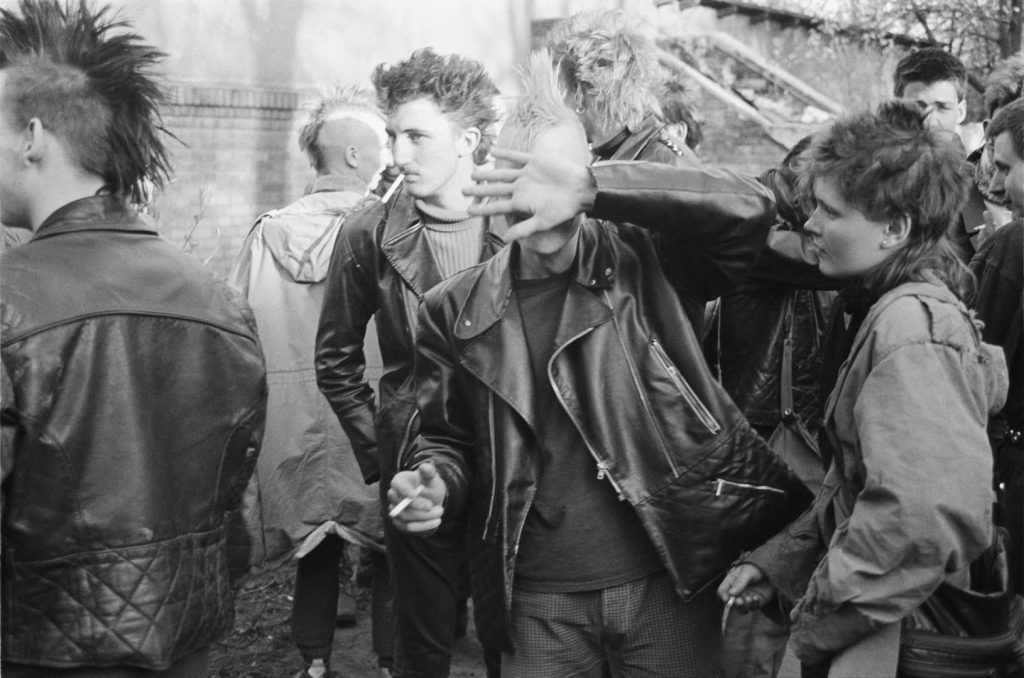
Churches as Punk Sanctuaries
While not all churches in East Germany were sympathetic to the punk movement, some saw the potential in using punk music as a tool to reach disaffected youth and encourage them to become politically active. These churches believed that by providing a platform for punk bands to perform, they could help to foster meaningful dialogue about the state’s oppressive regime.
The churches that aligned themselves with the punk movement were predominantly Protestant, and their willingness to support the punk scene stemmed from their own dissatisfaction with the state’s religious policies. The GDR had a policy of state atheism, which marginalized religious groups and actively discriminated against them.
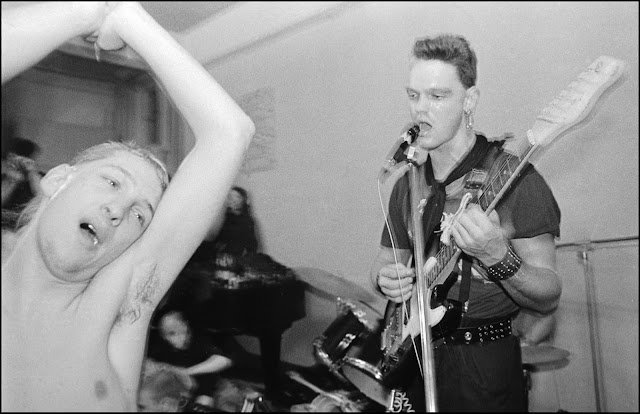
The church gigs played a significant role in the growth and development of the punk movement in East Germany. These events provided a platform for bands to perform and reach a wider audience, allowing them to spread their message of defiance and non-conformity. In turn, the punk movement helped to galvanize a generation of young people who became increasingly disillusioned with the GDR’s oppressive regime.
The church gigs also played a crucial role in fostering dialogue between different sections of society. By bringing together punks, religious leaders, and other concerned citizens, these events helped to create a space where issues of freedom, expression, and civil liberties could be discussed openly.
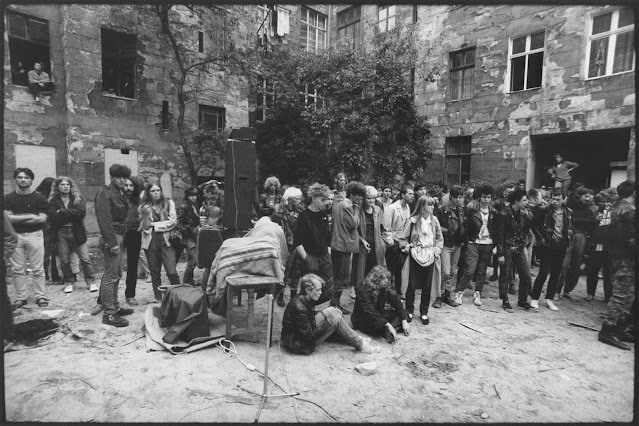
Ultimately, the unlikely alliance between GDR punks and churches played a significant role in the eventual collapse of the East German regime. The punk movement, fueled by the support of the churches, became a powerful force for change, helping to bring about the end of the GDR and the reunification of Germany.
The collaboration between GDR punks and churches in the 1980s is a fascinating example of how seemingly disparate groups can come together in the face of adversity. By providing a platform for punk bands to perform, these churches played a crucial role in the growth of the punk movement in East Germany and in fostering dialogue about the state’s oppressive regime. In doing so, they helped to bring about meaningful change and contributed to the eventual collapse of the GDR.
Do you want to know more? Check out the documentary OstPUNK! Too Much Future”. Directed by Carsten Fiebeler and Michael Boehlke, the documentary explores the punk rock movement in East Germany during the 1980s.
Need more Punk In Your Life?
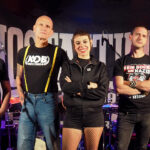
Live review: Los Fastidios – Medley, Malmö, Sweden 26th June 2025
Italian street punks Los Fastidios might very well be the hardest touring band on the scene, clocking in at an astonishing +100 gigs a year.

Punk women reunite – make sure you catch this unmissable upcoming gig in London!
Three bands, fronted by three women Punk vocalists, will reunite on Sunday 6th July, to celebrate almost 50 years of friendship! Zillah Minx (Rubella Ballet),
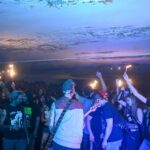
Live review: Mexican, Israeli and Utrecht punk in Dutch Hilversum
Venue Hillyweird in Hilversum, the Netherlands, announced a concert on 19th June 2025 by Pissebed from Utrecht, Holocausts, from Israel, and Los Intrusos from Mexico.

Album review: Rival Pack – ‘Burn’
It’s only recently that I came to realise just how rich the Benelux region is in metallic hardcore. From the recent return of veterans such
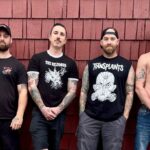
EP review: Already Dead – ‘I Think It’s Time To Leave…’
Blink and you’ll miss this one! At only ten minutes long, ‘I Think It’s Time To Leave…’ doesn’t stick around, but the passion and energy
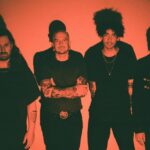
Album review: M.U.T.T. – ‘Toughest Street In Town’
Here at Punktuation, we like it when bands blend punk and rock n’ roll with a sense of humour, and in that respect, this second
Callum Wyatt is a Dublin-based music journalist with a passion for punk and a love for uncovering the untold stories of music history. When he’s not writing, you can find him hanging out with his cat, Oscar.


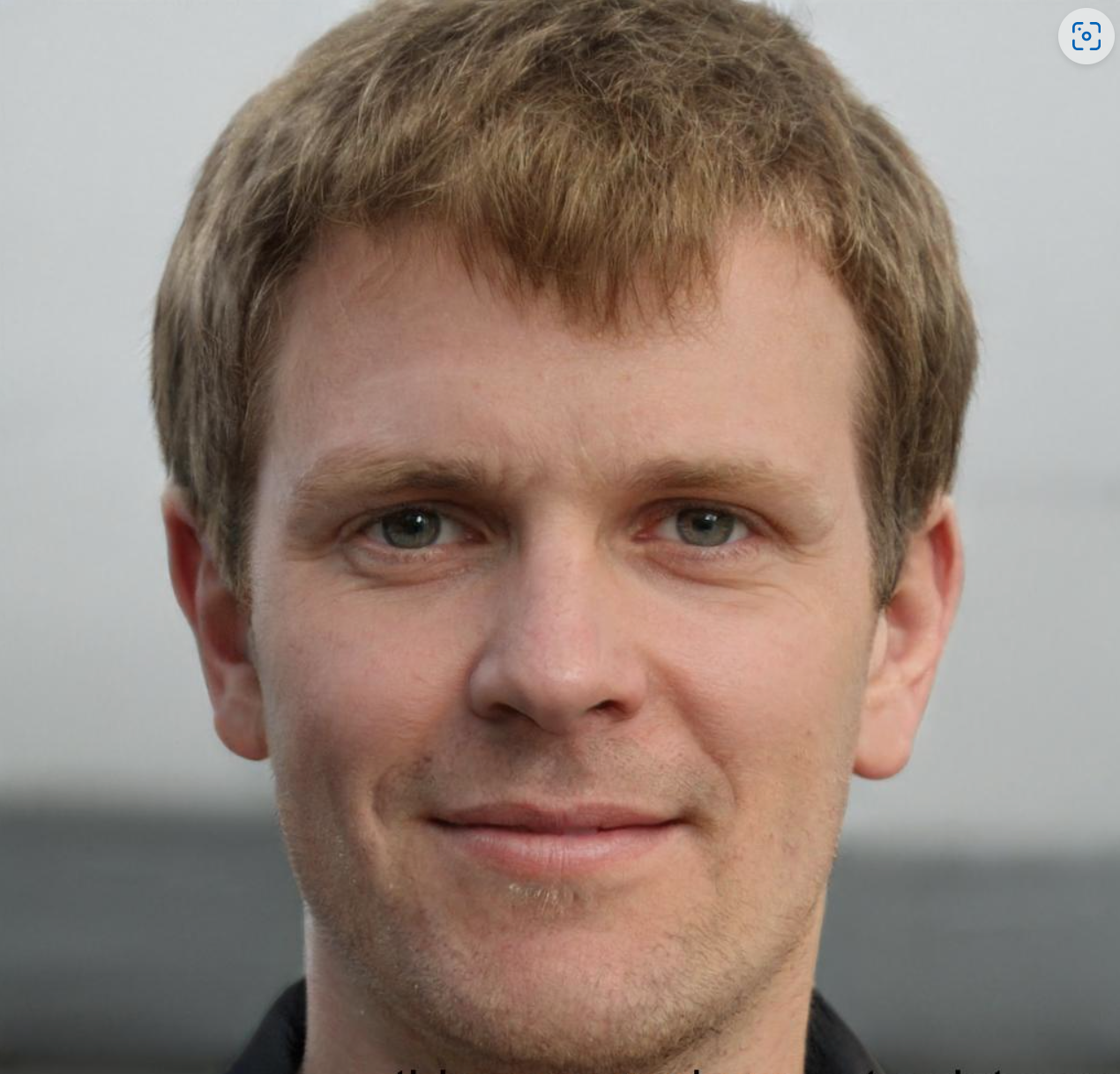

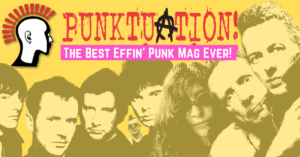 Did you know that we are 100% DIY? We run our own game. No one dictates to us, and no one drives what we can or cannot put on our pages – and this is how we plan to continue!
Did you know that we are 100% DIY? We run our own game. No one dictates to us, and no one drives what we can or cannot put on our pages – and this is how we plan to continue!